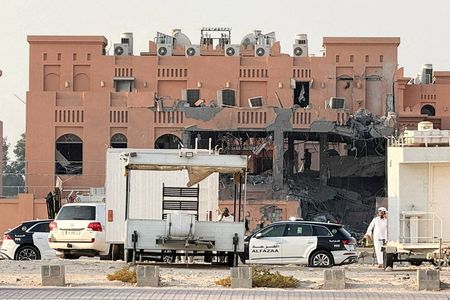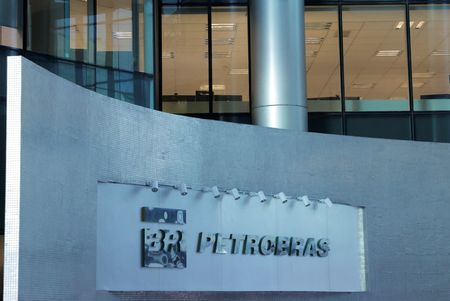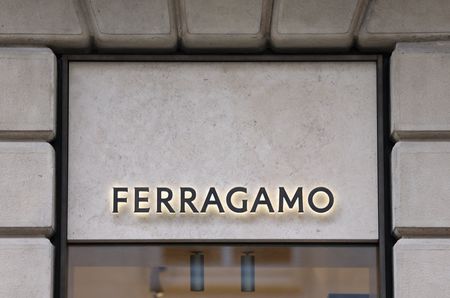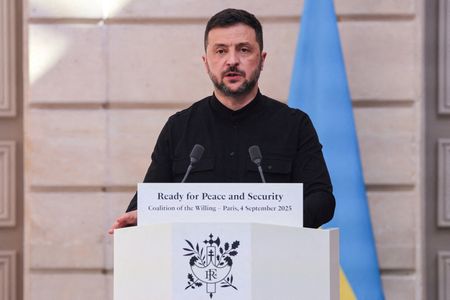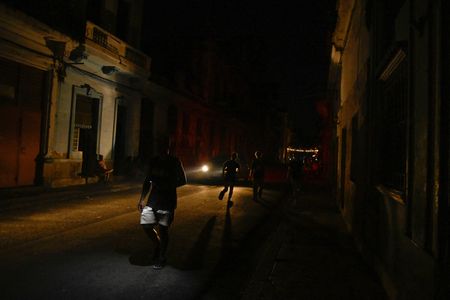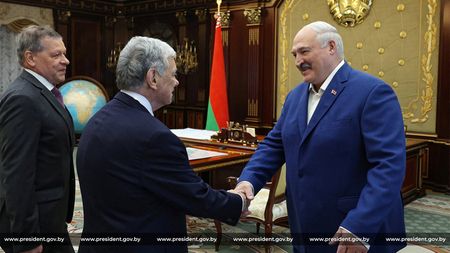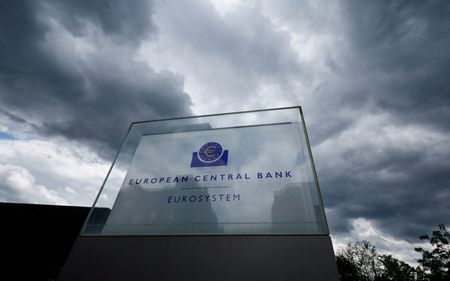By Marco Aquino
LIMA (Reuters) – Members of Indigenous communities blocked access to Glencore’s Antapaccay copper mine in Peru’s Cusco region to protest an expansion plan at the site, a local community leader said on Monday.
Local residents in the Espinar province, within the Cusco region, on Sunday began blocking roads and calling for a meeting with government mining officials over fears of environmental damage from the expansion plan, community leader Flavio Huanque said in an interview. He said the protesters represented ten different communities.
A source close to the company confirmed that protests had blocked access to mine vehicles.
Glencore said production had not been impacted, and that the protest demands were related to what it called administrative procedures. It said it was open to dialogue with each of the communities.
“We express our concern regarding the recent blockade of certain public highways by small groups of protesters from a number of communities in the province of Espinar,” the company said in a statement.
“We respect communities’ right to express their concerns in a legitimate manner and not in a way that poses a risk to themselves or others.”
Images from a local online news program showed small groups of people at different points in the road, holding signs.
Antapaccay is the seventh largest copper mine in Peru, the world’s third-biggest producer of the red metal.
The mine has faced protests by local Indigenous groups over environmental concerns in past years as well.
Peru’s mining sector as a whole has also faced disruptive, at times violent, protests across many of its major mines.
Peru’s Mining Ministry said in a social media post on Friday that it had met with Glencore executives overseeing Antapaccay’s expansion plans.
According to the ministry, the company representatives said the expansion represented a $1.8 billion investment, and the miner would work on agreements with the Huano Huano, Huini Coroccohuayco and Pacopata communities.
The ministry did not respond to a request for comment on the protests.
(Reporting by Marco Aquino, Writing by Natalia Siniawski, Editing by Daina Beth Solomon, Aida Pelaez-Fernandez and Louise Heavens)



